In 1971, Pakistan's invading forces launched a brutal attack on unarmed Bangladeshi civilians, resulting in a gross violation of humanity. Krishnandu Bose,
In 1971, Pakistan's invading forces launched a brutal attack on unarmed Bangladeshi civilians, resulting in a gross violation of humanity. Krishnandu Bose,
Bay of Blood: Documenting the 1971 Genocide in Bangladesh
In 1971, Pakistan's invading forces launched a brutal attack on unarmed Bangladeshi civilians, resulting in a gross violation of humanity. Krishnandu Bose, a renowned Indian documentary maker, captured the horrors of the 1971 genocide in his compelling documentary titled 'Bay of Blood.' This 95-minute film, produced after extensive research and analysis, sheds light on the events leading up to the liberation war, spanning 25 years.
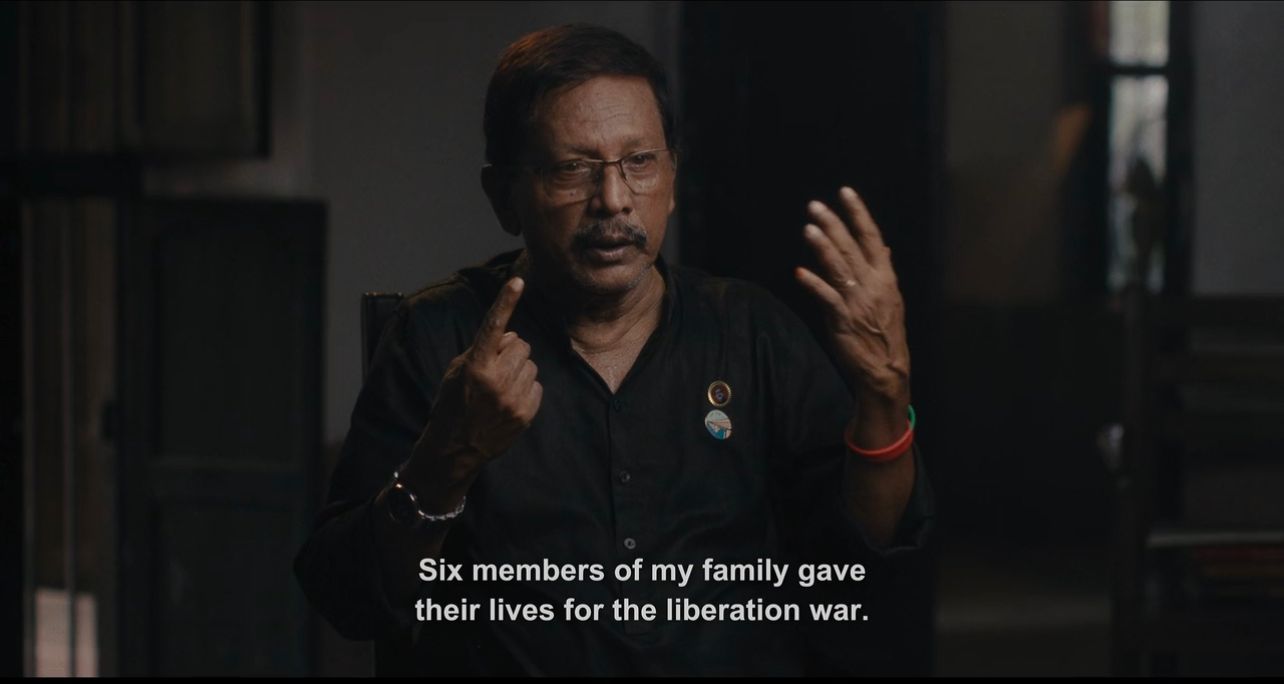
Since 2019, filmmaker Krishnandu Bose meticulously gathered information and rare footage through various channels to present a comprehensive narrative. 'Bay of Blood' includes eyewitness accounts from the genocide and assessments by international analysts. Commemorating the 48th martyrdom anniversary of Bangabandhu Sheikh Mujibur Rahman, the documentary premiered at the Liberation War Museum in Agargaon on August 19, followed by a screening at the University of Liberal Arts Bangladesh (ULAB) auditorium.
Individuals, both prominent and ordinary, featured in the documentary recount the tragic loss of family members and express the struggle for the country's independence against the exploitation of Pakistani rulers.
ASM Raqibul Hasan a legendary figure in Bangladesh cricket, shares his remarkable story in the documentary. A standout cricketer, Hasan's courage during the liberation war set him apart. The documentary captures his powerful statement, "Six family members sacrificed their lives in the liberation war. I left the bat, picked up the Stengun."
Krishnandu Bose emphasized that the documentary covers the historical period from 1947 to 1972. While he has contributed significantly to informing the world about the Bangladesh genocide, he encourages Bangladeshis living abroad to play a crucial role in completing this task. Produced with funds from his own production company, Earthcare, the documentary is available for purchase by any OTT platform.
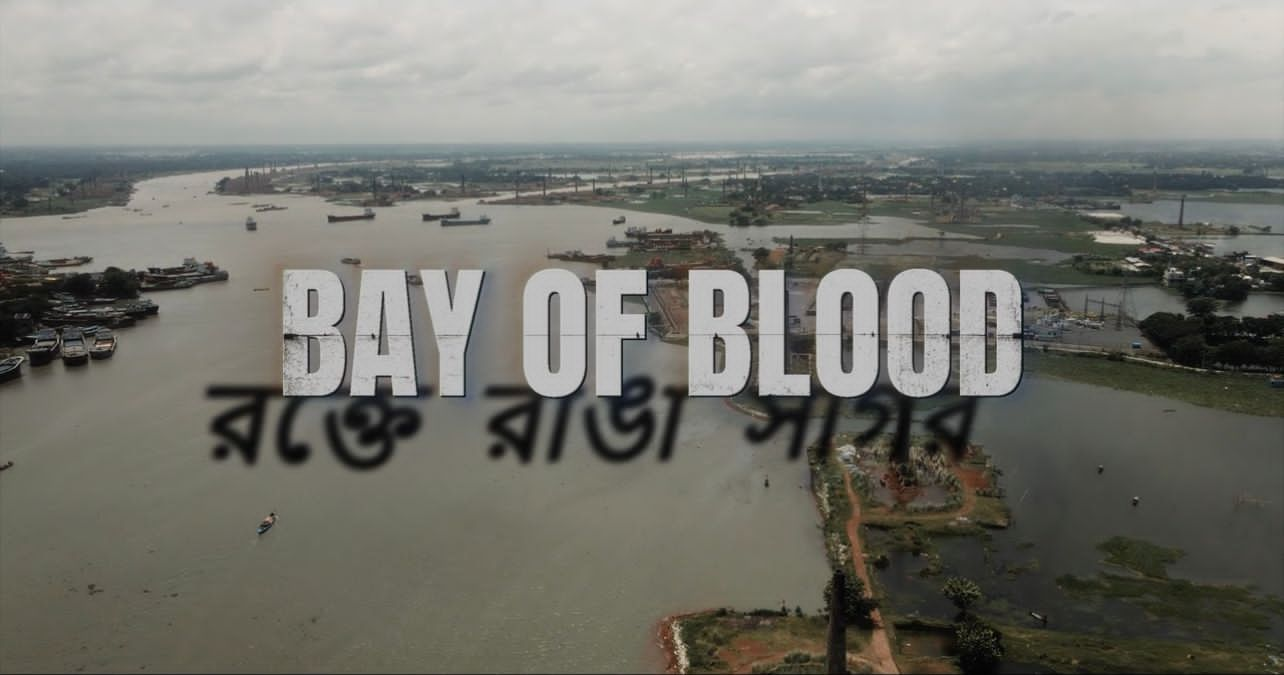
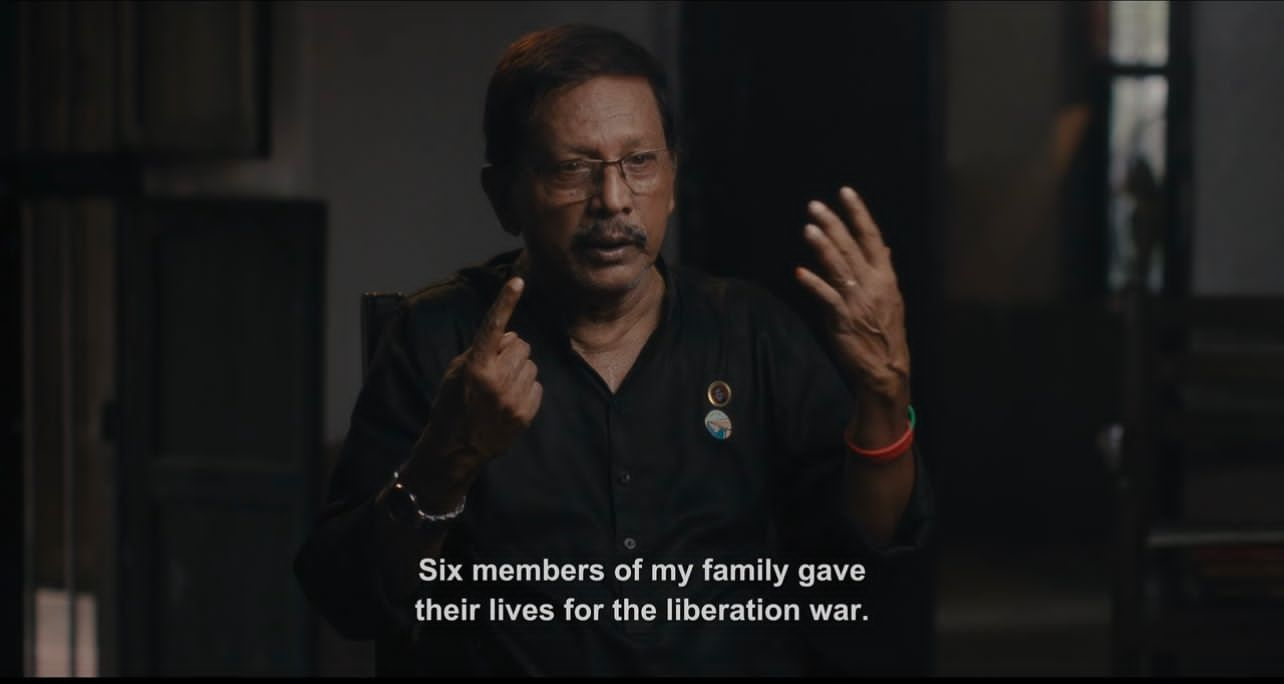
Like
Dislike
Love
Angry
Sad
Funny
Wow
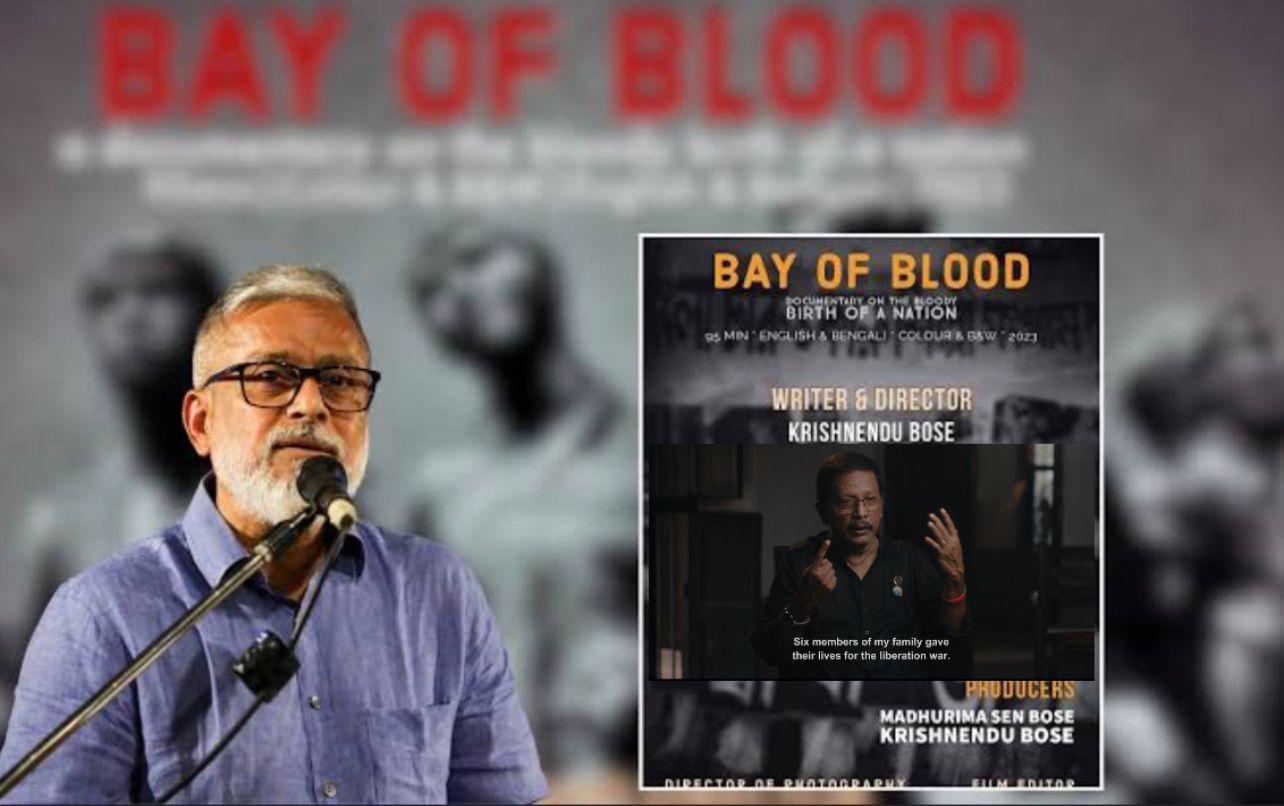


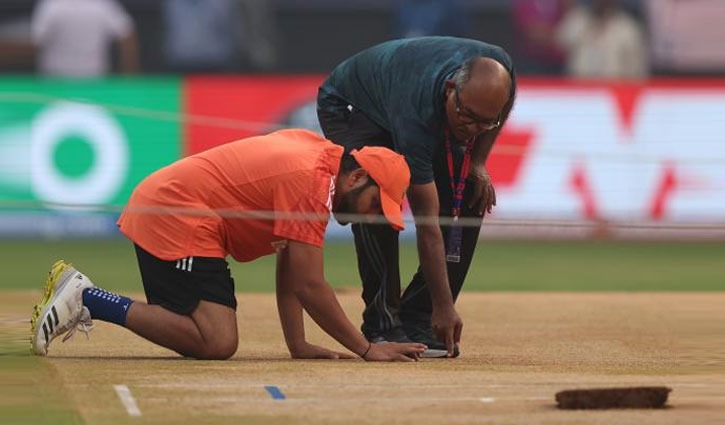


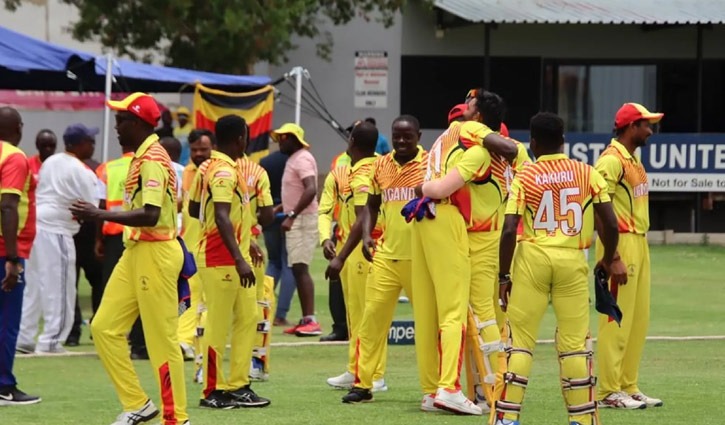
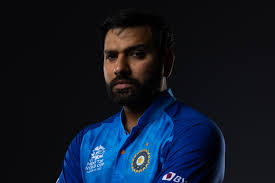






Comments 0